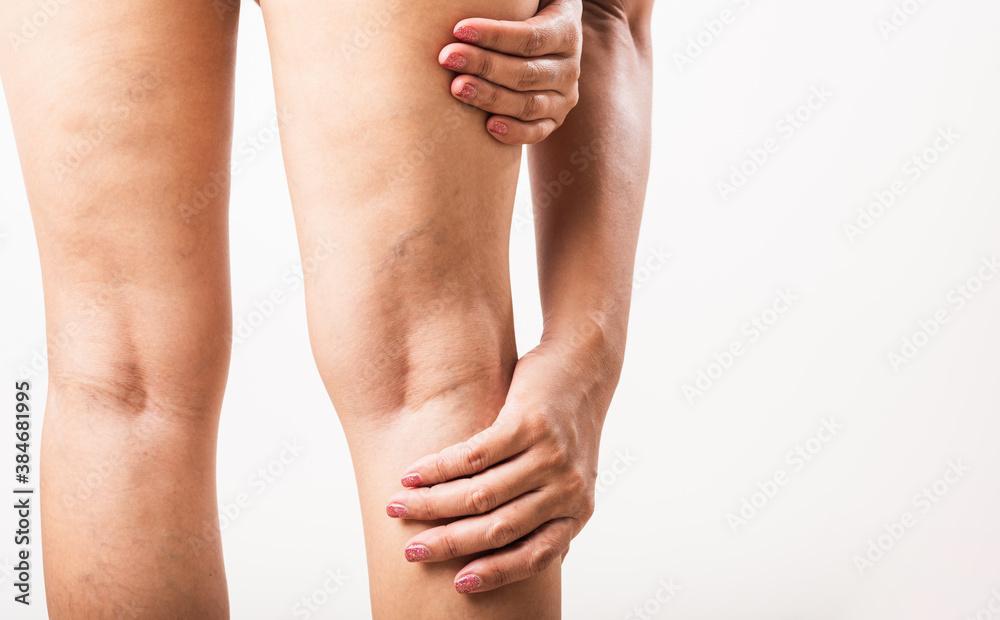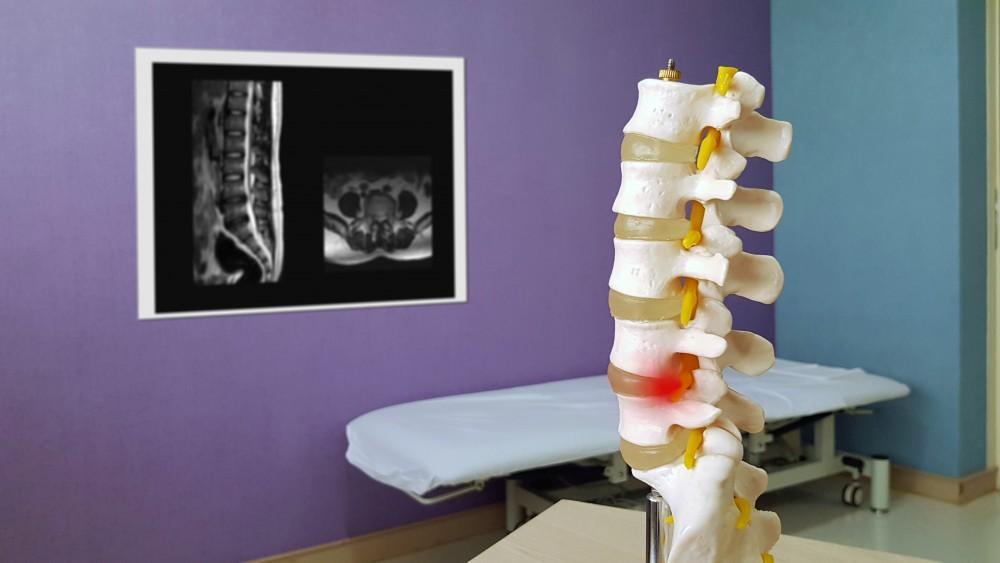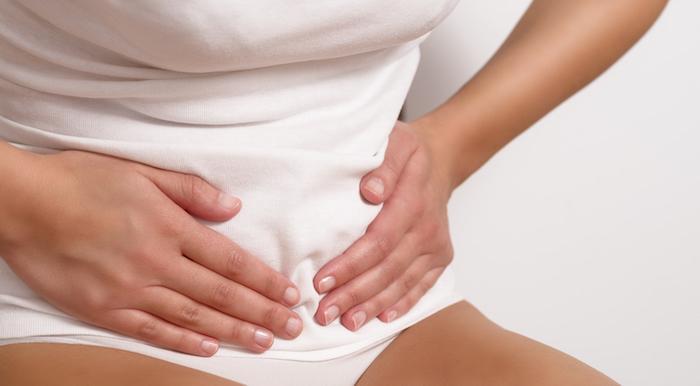
How to Change Your Lifestyle for a Healthier Prostate

There’s no doubt that as you age, your prostate changes. Prostate cancer is the second most common cancer in men in the US, with most cases diagnosed in men 65 or older.
And the risk of having an enlarged prostate, or benign prostatic hyperplasia (BPH), increases as you get older, with 90% of men having signs of this uncomfortable condition by age 85.
An enlarged prostate may not be cancerous. However, the condition is far from friendly. BPH can trigger frustrating and sometimes painful symptoms, including:
- Pain during urination
- Pain after ejaculation
- Frequent, urgent need to urinate
- Needing to get up at night to urinate
- Difficulty urinating
- Slow urine stream
- Dribbling or leaking urine
At Alate Health in Houston, Texas, our board-certified interventional radiologists are committed to helping men of all ages have the healthiest prostate possible. Our practice offers minimally invasive prostate artery embolization (PAE) to address the symptoms of BPH and restore your quality of life.
Our team also knows that preventing prostate problems in the first place is the preferred treatment for most men. Keep reading to learn our top five lifestyle changes if you want to enjoy a healthy prostate.
1. Rethink your diet
If you’re committed to the best prostate health possible, it’s time to rethink your diet by switching to plant-based eating. This doesn’t mean you can never have animal-based products again.
But by basing most of your diet around plants and whole foods and having animal-based foods only occasionally, you can protect your prostate and overall health. This is because plant-based diets are cancer-fighting diets.
Plants are full of health-promoting compounds called phytochemicals that benefit your body and protect against cancer cells. Fruits, veggies, beans, legumes, seeds, and whole grains also are high in fiber, which lowers hormone levels associated with prostate problems.
Eating a mostly whole foods, plant-based diet means you’re also not consuming much processed food, including red and processed meats, which are associated with an increased risk of poor prostate health.
2. Watch your weight
Numerous studies have found being overweight or obese is linked to the most aggressive forms of prostate cancer. Researchers have also discovered that having a large waist circumference—even if you have a healthy BMI—also increases your risk of prostate problems.
By watching your weight and maintaining a healthy BMI, you can take steps toward a healthy prostate. Switching to a mostly whole foods, plant-based diet will help you shed unwanted pounds and exercising regularly, our next tip.
3. Move your body
Regular physical activity and exercise are vital for improving and maintaining your overall physical and mental health. These activities also help you maintain healthy body weight, fight off infections, keep bones healthy and strong, and improve your quality of life as you age.
Moving your body is also a crucial part of protecting the health of your prostate. For the best prostate health, aim to engage in regular, moderate-to-intense exercise for about an hour every day. If that’s not possible, try to fit in a brisk 30-minute walk every day.
You can also perform specific pelvic floor exercises to improve erectile dysfunction and help stop urinary incontinence.
4. Try green tea
Numerous studies have found drinking green tea is good for your prostate. It not only offers protection against prostate cancer, but green tea can also help with BPH since it contains protective polyphenols.
Your prostate absorbs the polyphenols in the green tea and can help:
- Improve urine flow
- Decrease inflammation
- Reduce urinary tract symptoms
To improve your prostate health, dry drinking green tea instead of unhealthy beverages, like soft drinks, alcohol, and high-sugar beverages.
5. Practice healthy stress management
For men with BPH or those who suspect they might, higher levels of stress and anxiety can make your symptoms worse.
This isn’t because stress directly increases the size of your prostate, but instead because (a) unhealthy coping mechanisms, like drinking too much, make symptoms worse, and (b) higher levels of stress and anxiety trigger urinary symptoms.
By learning and implementing healthy stress management techniques, you can improve your prostate health and reduce the symptoms of BPH. Here are some things to consider:
- Exercise regularly to alleviate stress
- Improve mindfulness with meditation and yoga
- Try deep breathing techniques
- Find a strong support system—and use it
- Improve your sleep hygiene
For more information about improving your prostate health or to learn how minimally invasive PAE helps treat BPH, schedule an appointment online or over the phone with a provider at Alate Health in Houston, Texas.
You Might Also Enjoy...


I'm Nervous About My Upcoming VenaSealTM Procedure

Telehealth: The Advantages of Telemedicine

What Caused My Spinal Stenosis?

I'm Embarrassed About My Varicose Veins


